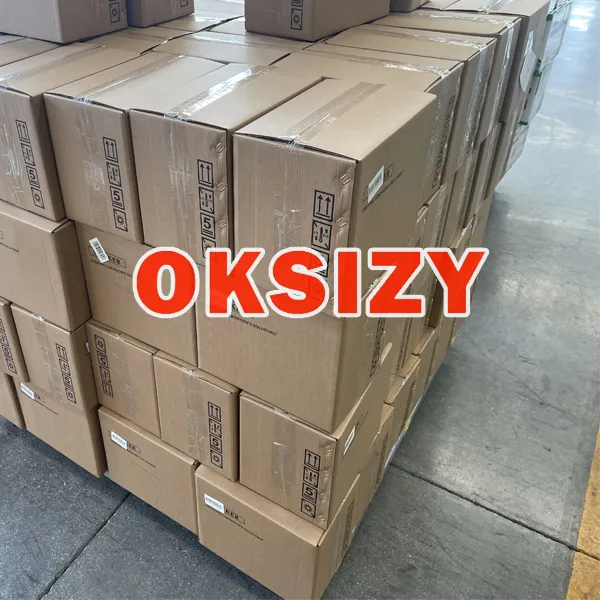Neutral glass glue is frequently used in real life, and its uses are also very extensive. At present, glass glue on the market is mainly divided into neutral glass glue and acid glass glue. Many people do not know enough about these two types of glass glue, and do not know the difference between them and how to buy them. Let’s tell you the difference between neutral glass glue and acid glass glue and the purchase tips.
1. The difference between acid glass glue and neutral glass glue
1. Acid glass glue
Acid glass glue is suitable for sealing, plugging, leak-proofing and wind and rainproofing. It is suitable for both indoor and outdoor use (indoor effect is better), and the anti-seepage and anti-leakage effect is remarkable. Bonding various interior decorations of automobiles, including: metal, fabric, organic fabric and plastic. Joining gaskets on heating and cooling equipment. Installing ribs, nameplates and paint and plastic materials without screw holes on metal surfaces. Seal the windows on oven doors, flues on gas appliances, pipe joints, and channel doors. Provide instant-forming leak-proof pads for gearboxes, compressors, and pumps. Seal the ship’s hold and windows. Sealing of trailer and truck cab windows. Bonding and sealing of equipment parts. Forming anti-wear coatings. Inlaying and filling of thin metal sheet stacks, pipe networks and equipment housings.
2. Neutral glass glue
Neutral weathering glue is suitable for weathering sealing of various curtain walls, especially recommended for weathering sealing of glass curtain walls, aluminum-plastic panel curtain walls, and stone dry hanging; joint sealing between metal, glass, aluminum, tiles, plexiglass, and coated glass, and joint sealing on the surface of concrete, cement, masonry, rock, marble, steel, wood, anodized aluminum and painted aluminum. In most cases, primer is not required.
2. Glass glue purchase tips
Glass glue for home decoration is mostly silicone material, which is divided into three types according to its properties: neutral glass glue, acidic glass glue and water-based glass glue. Acidic glass glue has strong bonding force, is corrosive to some materials, is applicable to limited materials, and has a strong pungent smell; neutral glass glue is applicable to marble, metal, glass and other materials, has less pungent smell, but has relatively weak bonding force; water-based glass glue has weak bonding force and slow curing process, but can be painted on it after drying, and is rarely used in home decoration.
Many people do not understand the performance of glass glue, so they tend to use neutral glass glue and acid glass glue in reverse, causing unnecessary troubles. For example, if acidic glass glue is used to install a mirror, the mercury on the back will be corroded.
Most of the glass glues sold on the market now also have functions such as mildew resistance and weather resistance (high temperature and low temperature resistance). Consumers should choose according to actual needs. Generally speaking, bathroom basins and toilets, and kitchen countertops should choose glass glue with mildew resistance, either acidic or neutral. Metal ceilings, shower rooms, and mirrors should choose mildew-resistant neutral glass glue instead of acidic ones. Hood stoves and windows should choose weather-resistant neutral glass glue. Fish tanks have very high requirements for the waterproof and bonding properties of glass glue. Acidic structural sealants should be used. Polyurethane-based new glass glues can also be used, but they are more expensive. Most glass glues will indicate the materials they are suitable for bonding on their packaging, and some will also indicate the bonding strength of different materials.

